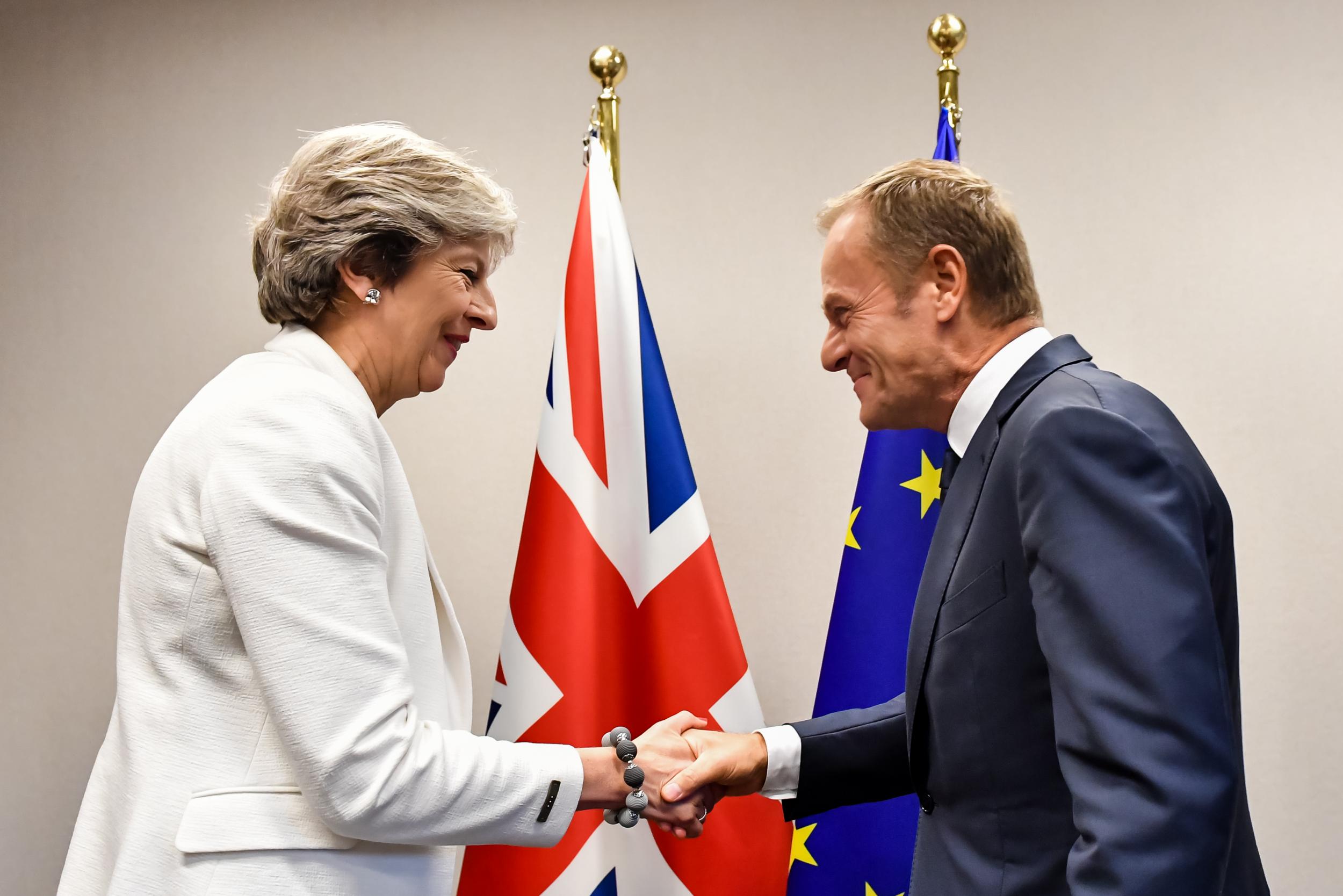Brexit is UK's Vietnam as ‘no one wants to say it’s not going well’, says LSE Professor
‘Taking back control is a long war, fed by scapegoats for failure'

Your support helps us to tell the story
From reproductive rights to climate change to Big Tech, The Independent is on the ground when the story is developing. Whether it's investigating the financials of Elon Musk's pro-Trump PAC or producing our latest documentary, 'The A Word', which shines a light on the American women fighting for reproductive rights, we know how important it is to parse out the facts from the messaging.
At such a critical moment in US history, we need reporters on the ground. Your donation allows us to keep sending journalists to speak to both sides of the story.
The Independent is trusted by Americans across the entire political spectrum. And unlike many other quality news outlets, we choose not to lock Americans out of our reporting and analysis with paywalls. We believe quality journalism should be available to everyone, paid for by those who can afford it.
Your support makes all the difference.Brexit has parallels to the Vietnam War in terms of the violation of human rights and British people’s reluctance to criticise it for fear of being labelled unpatriotic, according to a professor.
Conor Gearty, professor of human rights law at the London School of Economics, wrote in a blog post: "Brexit strikes me as our Vietnam. Everybody rational knows it is – how can I put it politely? – not going well. But no one with authority seems able to say so."
He warned against Brexit resulting in a "large transfer of power to the executive branch", referring to the so-called Henry VIII clause which allows the Government to adopt and disband EU laws without requiring a vote in Parliament.
Potential changes after Brexit, Mr Gearty said, could affect equal pay, health and safety protection, holiday entitlements, clean air and food standards – issues that the UK was "hostile" towards as part of its drive to become a "low-regulation, business-friendly" country.
"Expect more denunciations of human rights law as post-Brexit reality bites – ‘taking back control’ is a long war, fed by scapegoats for failure," he wrote.
The professor warned it would be harder to ascertain causality between Brexit and "deaths, ill-health or misery" compared to the "tangible evidence of impact" – ie the body count in Vietnam – and that it was easier to link negative impacts to almost a decade of austerity.
For example, the Institute for Fiscal Studies found there would be 5.2 million children in the UK living in poverty in five years' time.
However, he said a hard Brexit would mean a "shrinking of opportunity for UK citizens – in terms of education abroad; freedom of movement; access to health care when abroad, and much else."
Even under a potential Labour government in the near future, which he said was highly probable, he questioned socialists’ stance towards the Human Rights Act, which he said made figures like Jeremy Corbyn in the 1970s "suspicious... [the Act was thought of as] a tool with which the powerful could resist change."
Mr Gearty added that Irish citizens were also being "ignored".
His blog came in the same week that international trade minister Liam Fox said he could not rule out the possibility of a hard border with Ireland until Brexit had been finalised.
Join our commenting forum
Join thought-provoking conversations, follow other Independent readers and see their replies
Comments